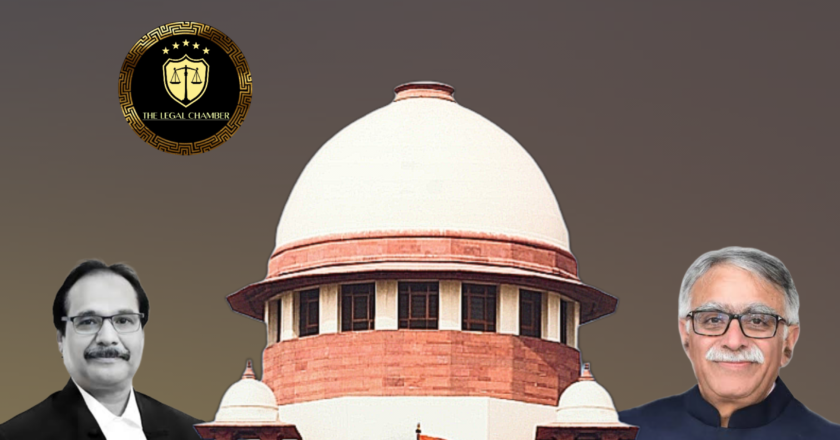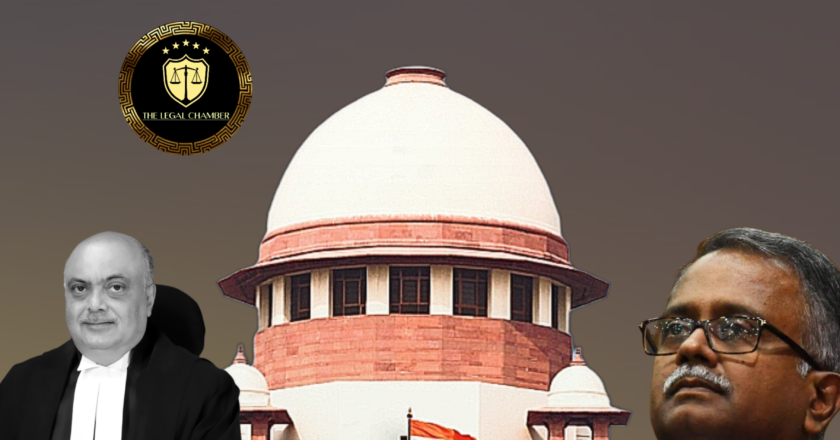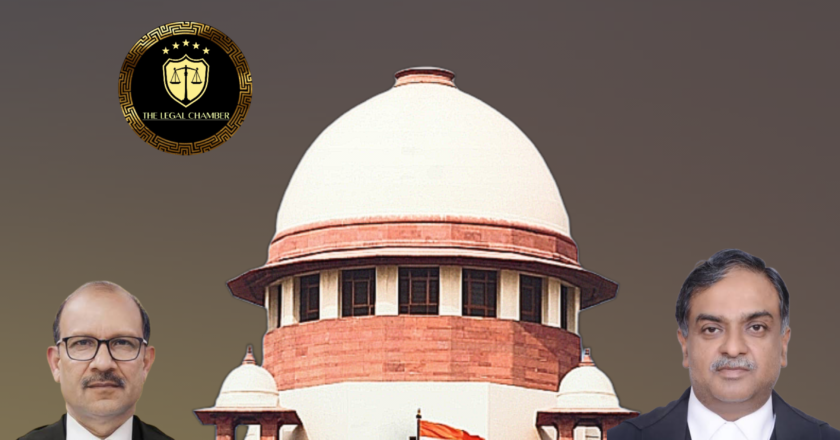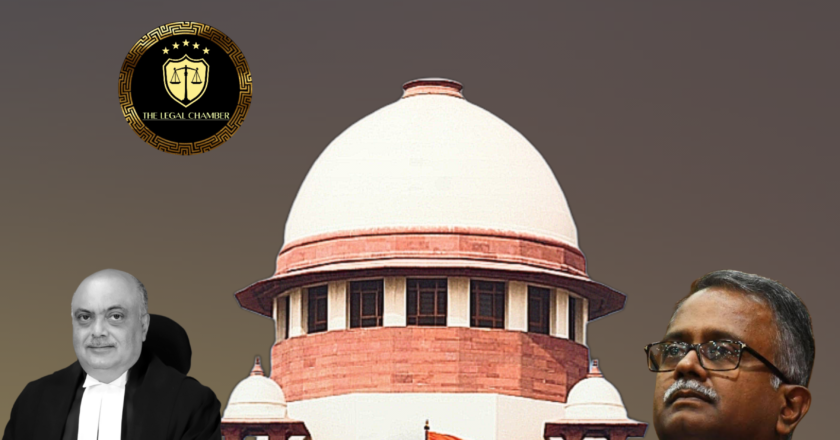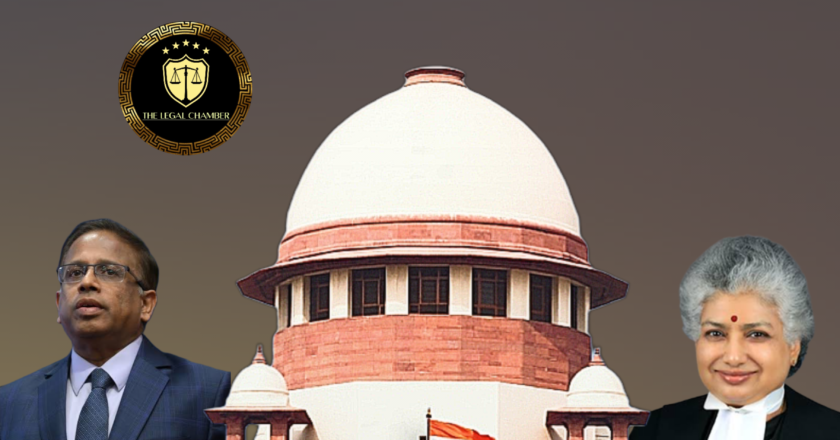Evidence Wholly Unreliable: Supreme Court Overturns High Court’s Conviction for Power Pilferage
The Supreme Court acquitted the appellant, holding that the prosecution failed to prove the use of "artificial means" for electricity theft under Section 39 of the Indian Electricity Act, 1910, which is necessary to invoke the statutory presumption against the consumer. The evidence was deemed insufficient, speculative, and not beyond reasonable doubt to establish offences under Sections 39 or 44.
Facts Of The Case:
Officials from the Maharashtra State Electricity Board (MSEB) detected a 36.6% discrepancy between supplied units and meter readings at M/s. Rushi Steels and Alloys Pvt. Ltd. in March 1993. An inspection revealed three holes in the company's meter box. The prosecution alleged that unauthorized wires were inserted through these holes to slow the meter and steal electricity, ca...
